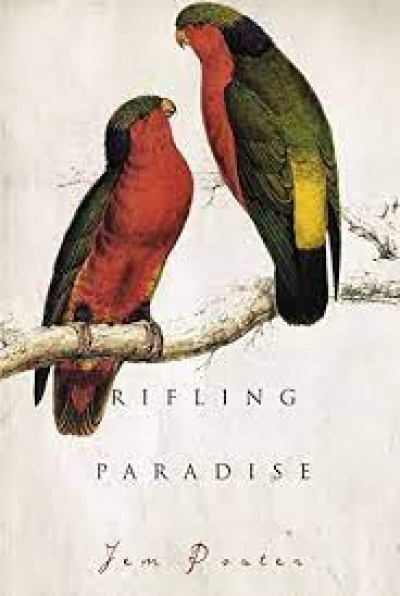Archive
Australian historians admire Robert Menzies. Pardon? Aren’t historians, like the rest of the Australian academy, left-wing propagandists? Don’t they all loathe the prime minister’s political role model? Regardless of how historians view Menzies’ attitudes to the monarchy, appeasement, the middle class and the Communist Party, they have reached a consensus on one point: Menzies played a significant role in the consolidation and expansion of Australia’s university sector. When Ben Chifley laid the foundation stone of the Australian National University during the election year of 1949, Menzies refused to politicise the initiative; as prime minister in 1956, he appointed a committee to inquire into the plight of Australian universities and insisted on the provision of life-giving funds by the Commonwealth government under conditions which preserved university autonomy. As his biographer, A.W. Martin, notes, ‘Menzies’ support of universities, and the university life, was never at any time in doubt’.
... (read more)Early last year, Phillip Adams interviewed the British author Pat Barker on his radio programme, Late Night Live. Pat Barker is a novelist who has journeyed into history, most famously in her Regeneration trilogy about World War I, where she fictionalises real, historical individuals. Adams asked her: ‘Which is better at getting at the truth? Fiction or history?’ Her answer was: ‘Oh, fiction every time.’ Barker is a novelist for whom violence and the fear of violence has been a recurrent, powerful theme. She argued that fiction allowed her to ‘slow down’ the horror so that she and her readers could think about it as it happened. In real life she felt that violence was often so swift and shocking that all one could do was recoil. Fiction gave her freedoms that helped her to convey truth.
... (read more)The quirky kind of pleasure’ provided by coincidence; the ‘rightness’, whether logical or poetic, of connections between seemingly unconnected people, particularly connections that are inadvertent or may remain unknown to the people concerned; the ‘pleasing symmetry’, in retrospect, of various experiences we share with another human being, even when the experiences concerned were painful ones and their circumstances tragic: these are but a few of the broader observations, incidental but also integral, strewn throughout Two Lives (2005), Vikram Seth’s recent memoir of his great-uncle Shanti and Shanti’s German-Jewish wife, Henni. Integral not only to their nephew’s story of their fortuitous coming together in Nazi Germany and subsequent lives in England, but also to the life experiences of Seth’s readers, including (in my own case, certainly) the experience of reading the book itself. Such riches as are to be found in this story of ‘strange journeys’ and ‘chance encounters’ may also be found, Seth observes at the end, ‘behind every door on every street’. For me, the coincidences, inadvertent connections and serendipitous symmetries I found in the author’s trajectory and mine came to border on the uncanny.
... (read more)All we can say is that ABR readers are not short of a word, and thank goodness for that. The response to our reader survey has been exceptional and most heartening. To date, about four hundred people have filled out the survey. We’re still analysing the results, but ‘Advances’ can report that overall our readers have a deep affinity with ABR – or at least with the idea of ABR – and are thus keen for us to improve the magazine and to maximise its potential. Readers’ annotations, whether critical or positive, have been overwhelmingly helpful and constructive. Already we are adding new features to the magazine in response to your suggestions. Many of you, for instance, cited Film as an area of neglect: next month we launch our film column. Much work remains to be done as we continue assimilating the results. Since the surveys are still coming in, we’ll delay announcing the prize-winners until the September issue.
... (read more)Waiting.
Starched hospital gown.
Frozen present tense.
Why am I smelling
tigers?




